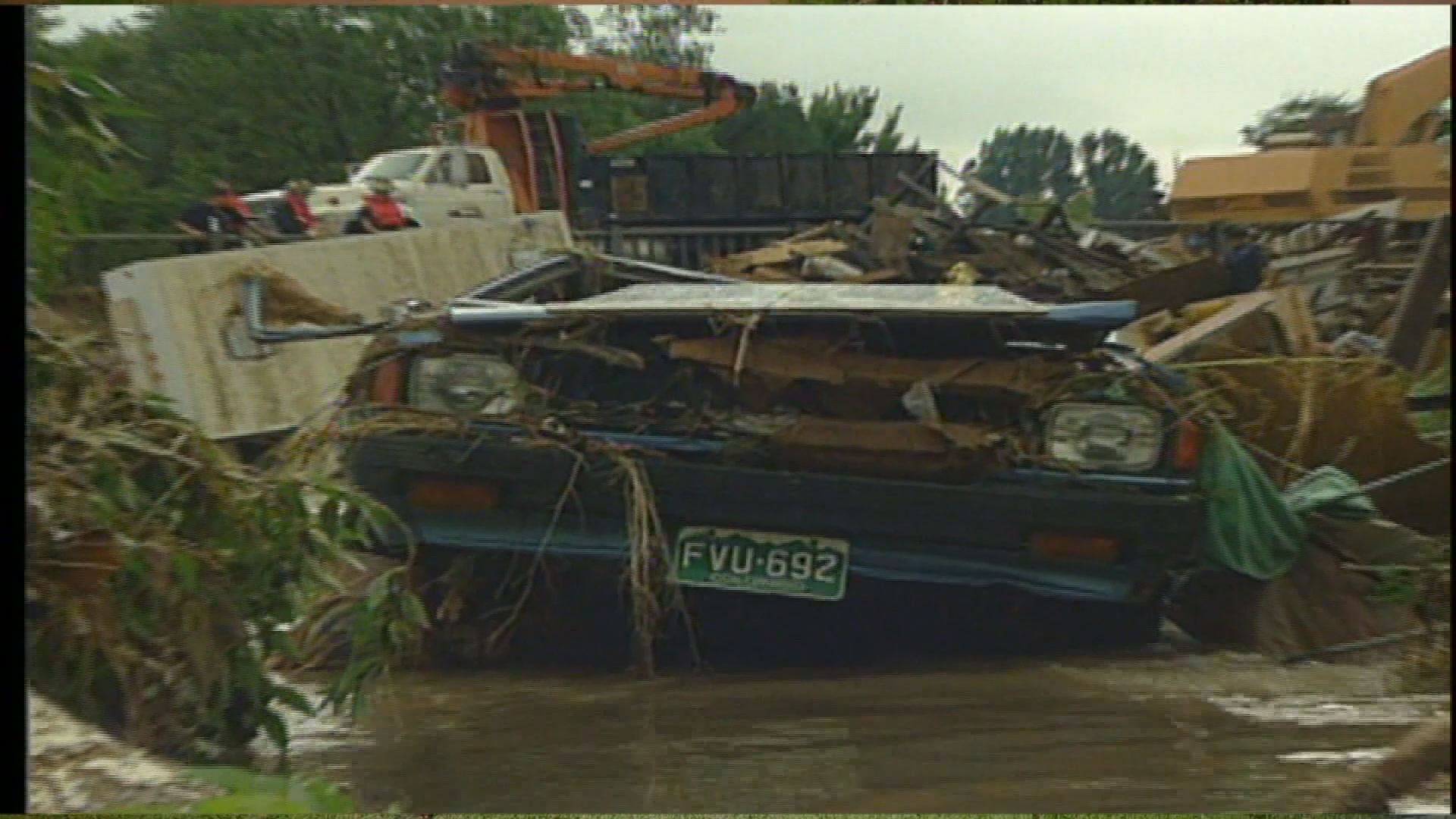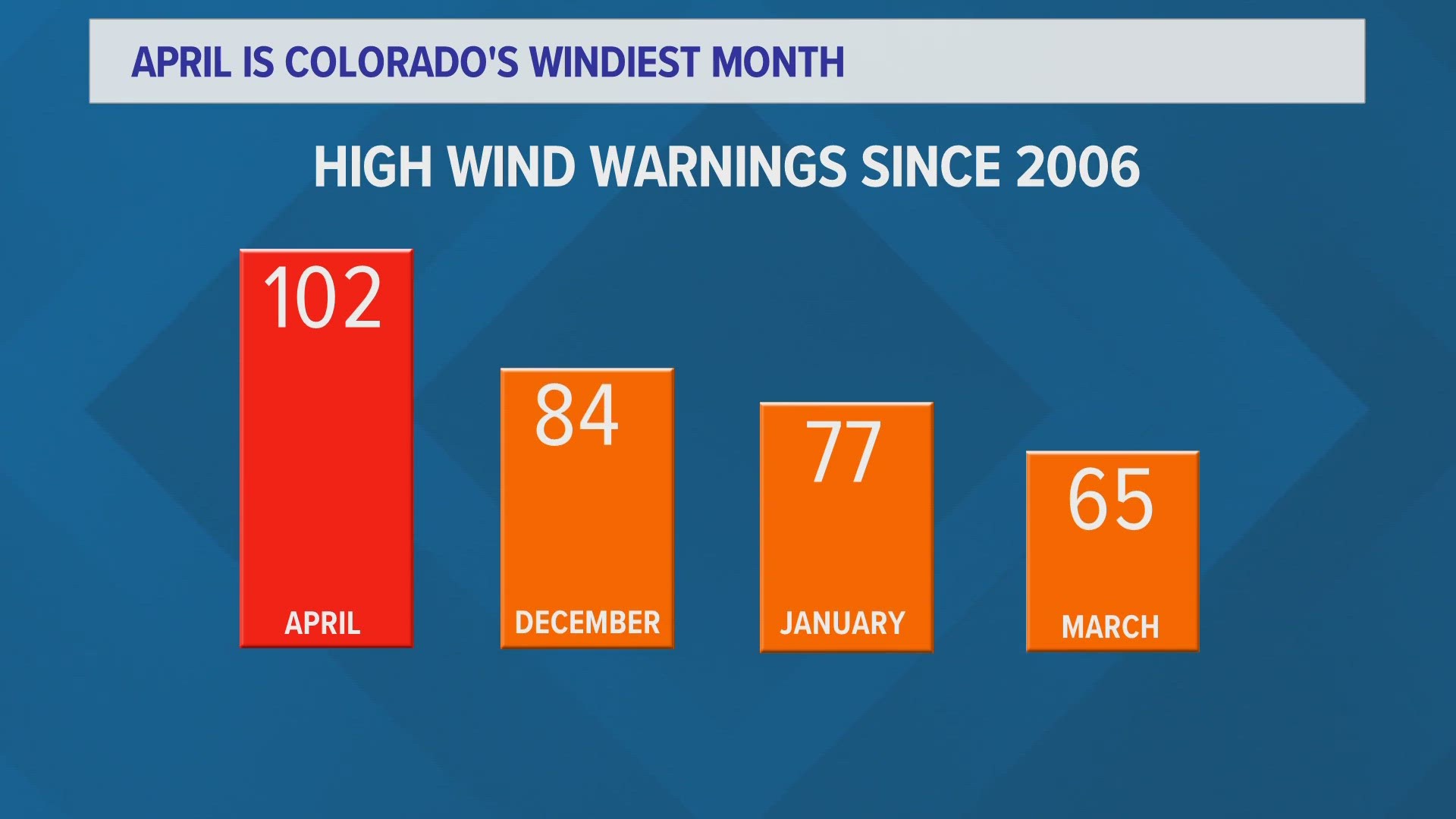The worst natural disaster in Fort Collins history began with a steady rain late on a Monday afternoon – July 28, 1997 – that gave no hint of the death and devastation to come just a few hours later.
Within eight hours, five women would be dead, dozens of homes would be demolished, and more than $200 million in property damage would be unleashed on a quiet college town by a catastrophe like no other.
And I found myself right in the middle of it, covering the unfolding chaos for the Fort Collins Coloradoan, where I was on the night cops beat.
I’d gone home for dinner that night, but the rain that was falling seemed pretty typical for a summer afternoon. An hour later, the intensity of the storm grew – but it still didn’t seem as though we were headed for anything more than some minor flooding.
As darkness arrived, and the reports of flooded intersections and overflowing gutters came in, photographer Rich Abrahamson and I headed out in the deluge in my trusty Ford Ranger.
In the beginning, there was a festive attitude. College students rode inner tubes down flooded streets. People waded through the water, laughing. Someone brought out a kayak.
But before long, we realized we were in the middle of something that was quickly spiraling out of control.
Water backed up against a railroad berm in the central part of the town and eventually knocked a passing freight train off the tracks, blocking roads. Rich and I found ourselves temporarily adrift when my truck lost traction and floated for a few seconds in the flood waters.
And after we got back to the office to file – in those days, there was film to process and prints to make before we could get the paper out – the news grew more ominous as the water poured into two gritty mobile home parks on the east side of that railroad berm.
We headed back out amid reports of explosions and water rescues. And when we got to “Ground Zero” – two trailer home parks tucked in along low ground next to that railroad berm – we saw an unbelievable scene unfolding.
Mobile homes, floated off their anchors by the rising waters, ripped free from gas lines and caught fight. It was a surreal scene – people jumping from burning mobile homes into flood waters, firefighters using ropes and rafts to drag people to safety.
Back at the paper after midnight to update the story, I made a last phone call to Glenn Levy, a longtime firefighter who was the city’s emergency management coordinator.
“The tragedy is that we cannot respond to everybody’s needs,” Levy said hurriedly.
He also said something else, something that chilled me: He was worried about what crews would find in the morning, once light came and the waters receded.
The next morning, daylight broke, revealing devastation from one end of town to the other.
Hardest hit, the two mobile home parks, where trailers were buckled and smashed together and cars and pickups, some of them upside down, floated in the waters that hadn’t yet receded.
Most grim was the discovery of the bodies of five women, four of them residents of the mobile home parks, who’d been swept away in the torrent.
Two decades later, Spring Creek flows peacefully through the park next to the spot where the trailer homes used to stand. There is little hint of the devastation wrought there – a sculpture notes the high-water mark, and several memorials pay homage to those who were lost and those who fought to help.
The victims
The July 28, 1997, Spring Creek Flood in Fort Collins was the worst natural disaster to ever hit the city, taking the lives of five women.
Four of them lived at the Johnson Center Mobile Home Park, which was devastated by flood waters.
Estafana Guarneros, 48
A mother of six children, she was known in her family for her cheery smile.
Her body was found just a few hundred feet from where her mobile home had been located before it was inundated with rushing flood waters.
Sarah Payne, 62
The disabled grandmother hobbled into the flood waters, carrying her 6-month-old granddaughter, fighting to get her to safety. Just as a nephew was able to grab the baby, Payne lost her footing and fell in the torrent.
Her body was discovered nearly two miles downstream.
She was survived by three children, 11 grandchildren and 10 great-grandchildren.
Rose Marie Rodriguez, 72
A native of Big Lake, Texas, she was often seen sitting on the porch of her mobile home, watching people.
She had lived in Fort Collins for 47 years and was survived by a daughter, seven grandchildren and 11 great-grandchildren.
JoAnn Roth, 47
She and her husband, Ronald, were asleep in their mobile home when the storm hit.
They tried to walk to safety through four feet of water, but it suddenly became deeper and more swift, and they were swept away. Ronald Roth was able to grab onto a tree, but JoAnn could not and ultimately drowned.
A certified nurse’s aide, she was survived by four children.
Cindy Shulz, 32
Shulz, a manager at a Fort Collins outdoor supplier, lived about a block east of the mobile home parks. She was told to evacuate her home as flood waters approached, but she stayed behind, caring for three cats and two dogs who lived with her and her roommate.
By the time she decided to leave, flood waters were rushing through her yard.
Remembrance events
Several events are planned in Fort Collins to mark the 20th anniversary of the Spring Creek Flood:
- A remembrance ceremony is scheduled from 6:30 to 7:30 p.m. Friday at Creekside Park, 1817 S. College Ave. City officials will honor victims, first responders and others involved in responding to the flood.
- A “flood education day” is planned from 10 a.m. to 2 p.m. Saturday at Spring Park, 2100 Mathews St. There will be hands-on activities for children, bike and walking tours along Spring Creek, food truck, informational booths, presentations and demonstrations.


